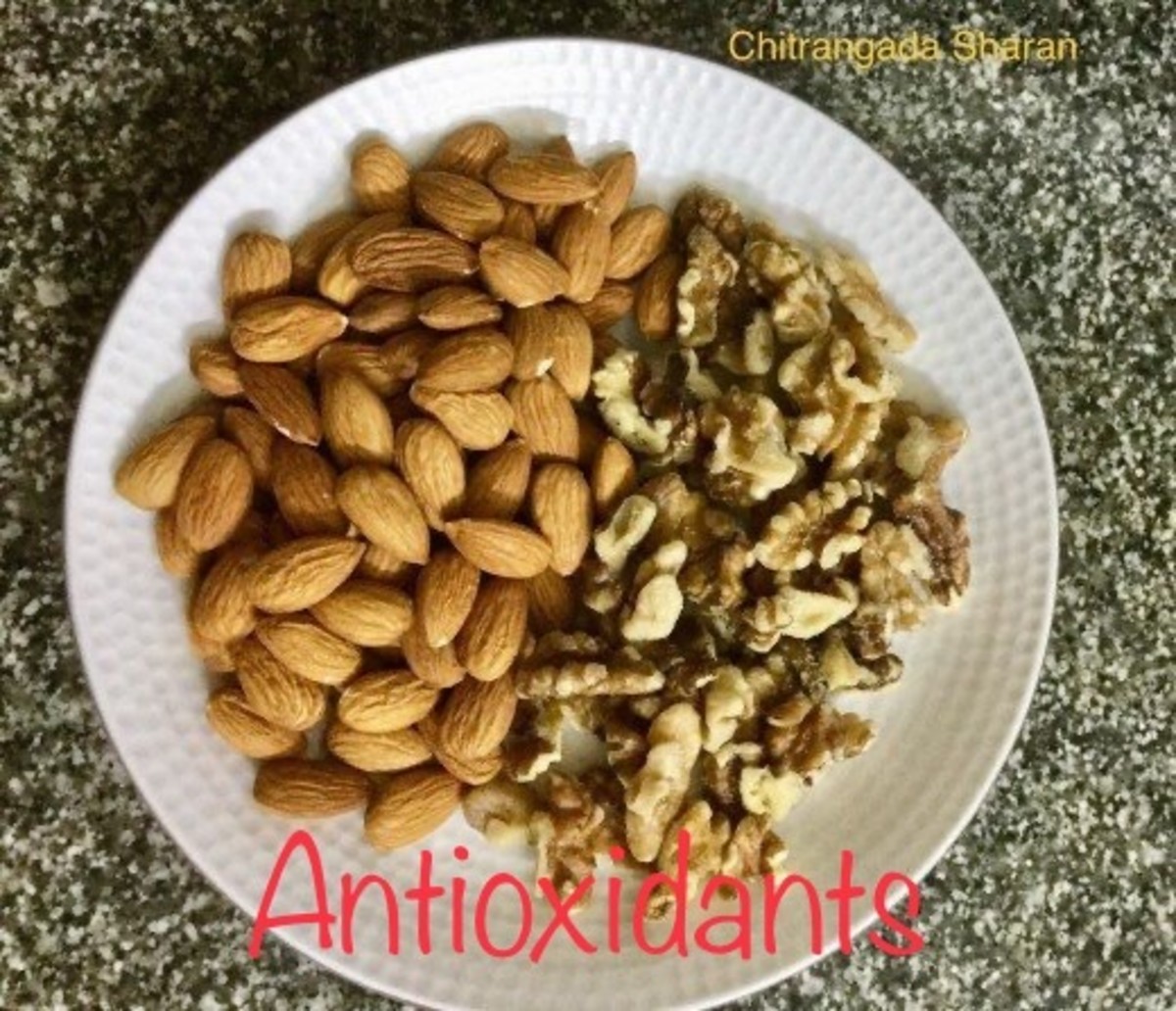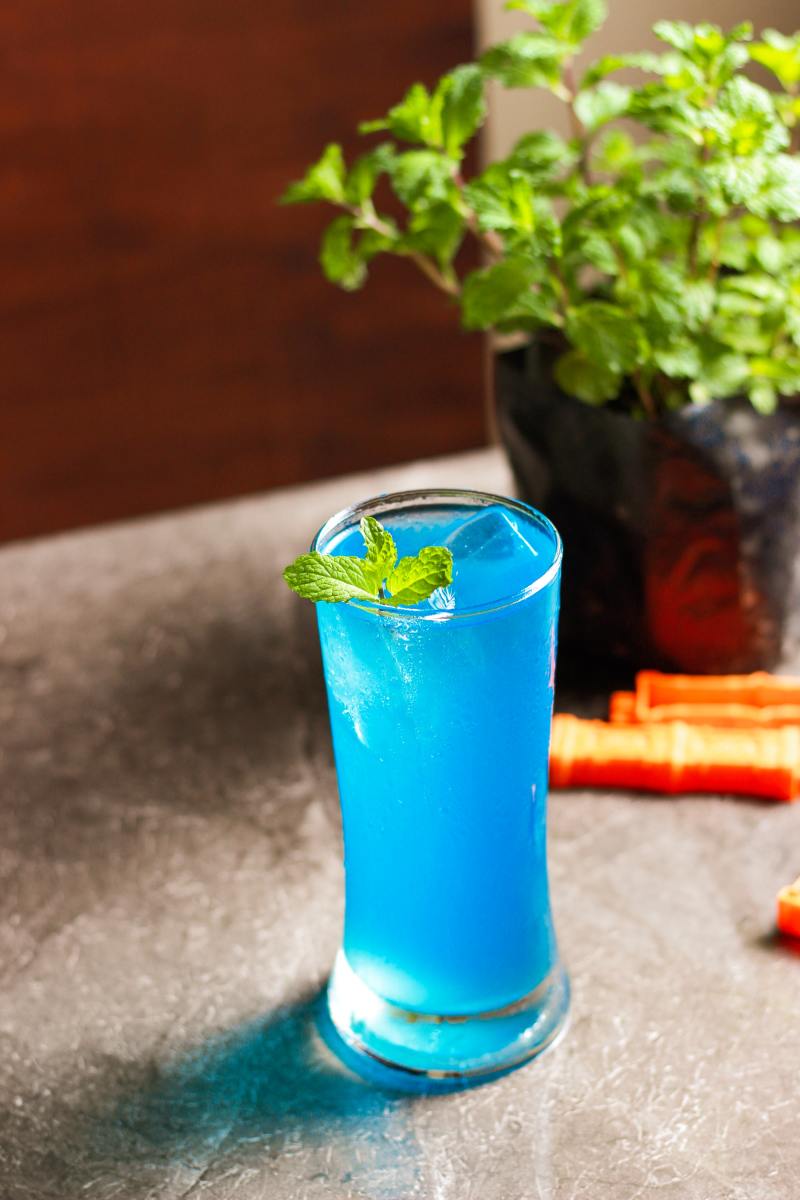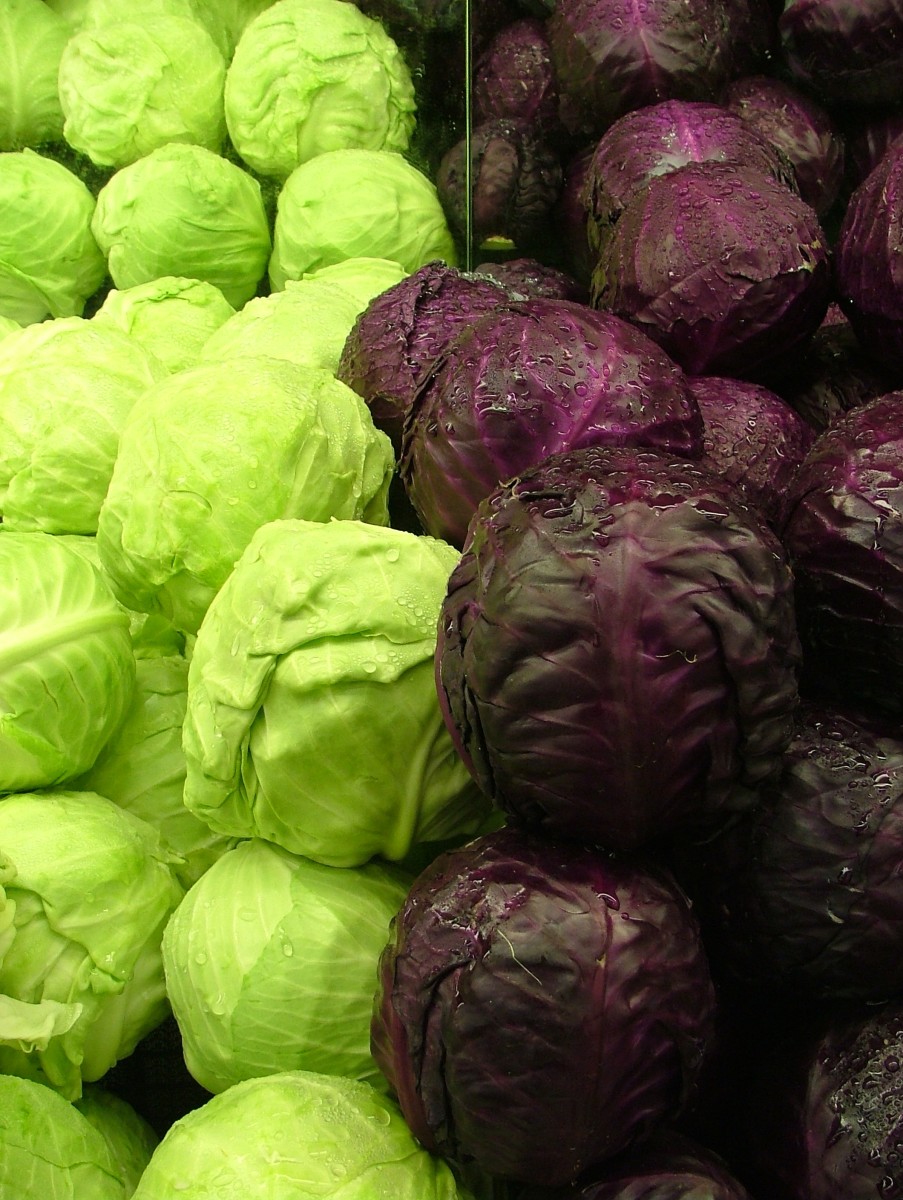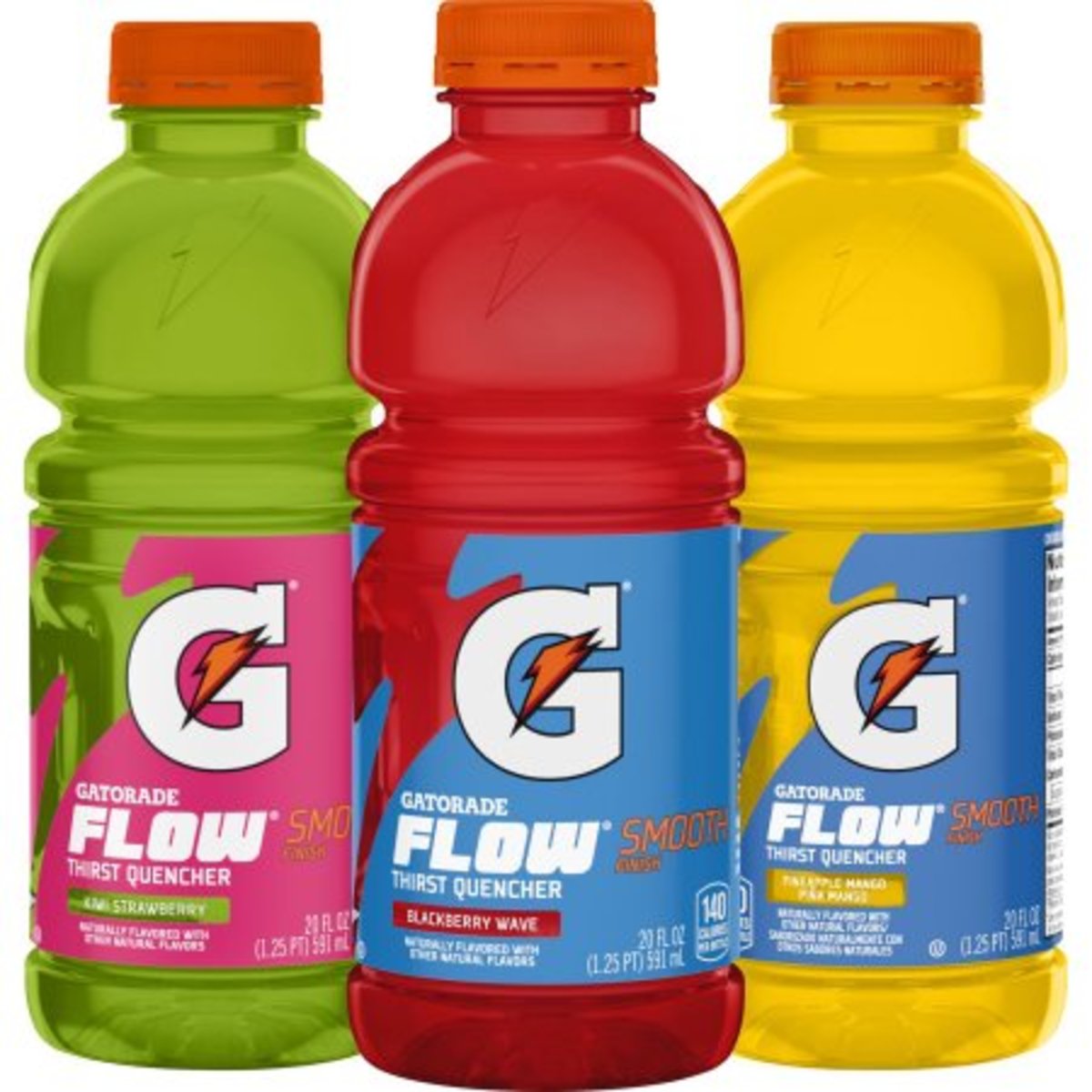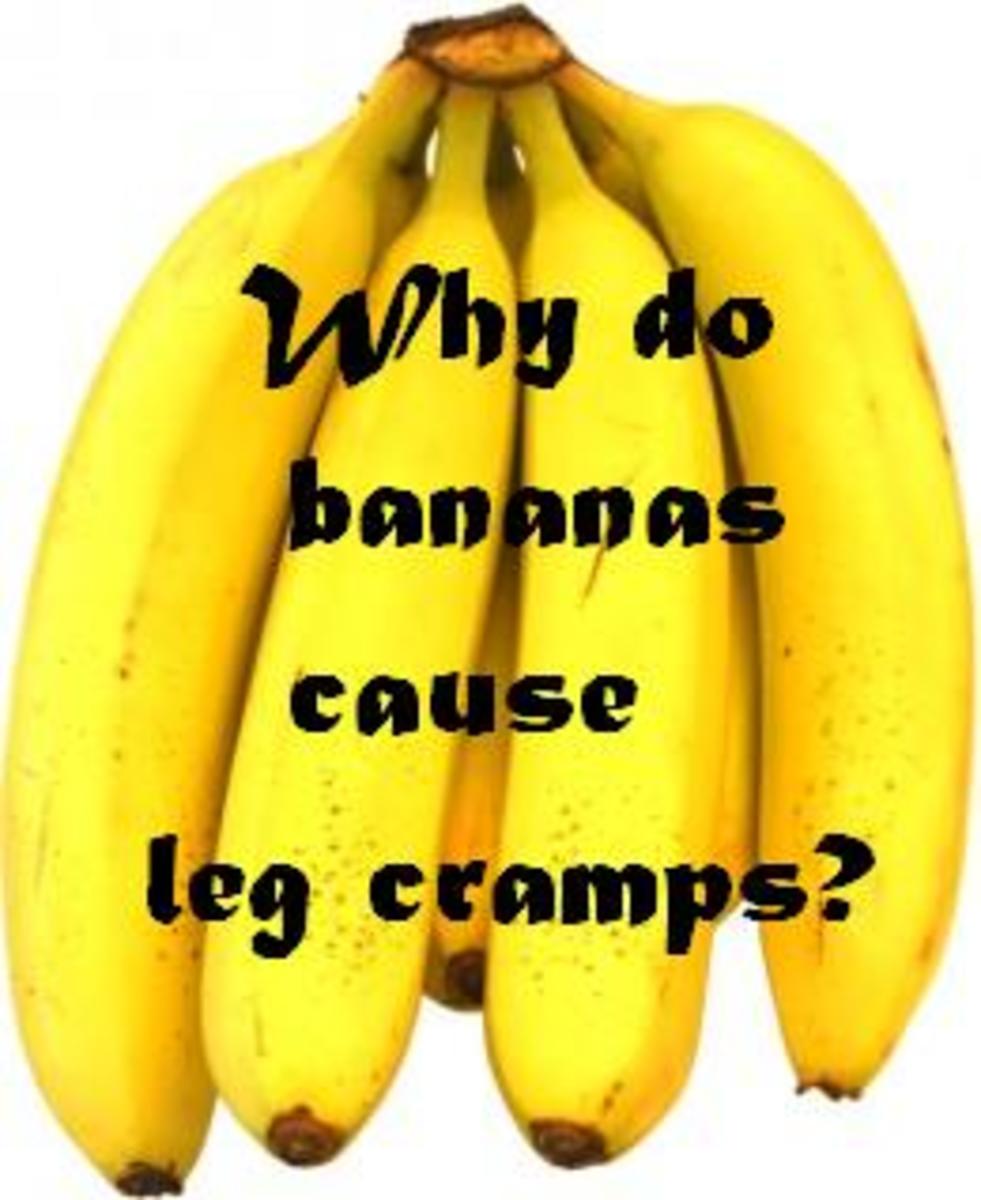How to Include Antioxidants in Your Diet
What Can Antioxidants Not Do?
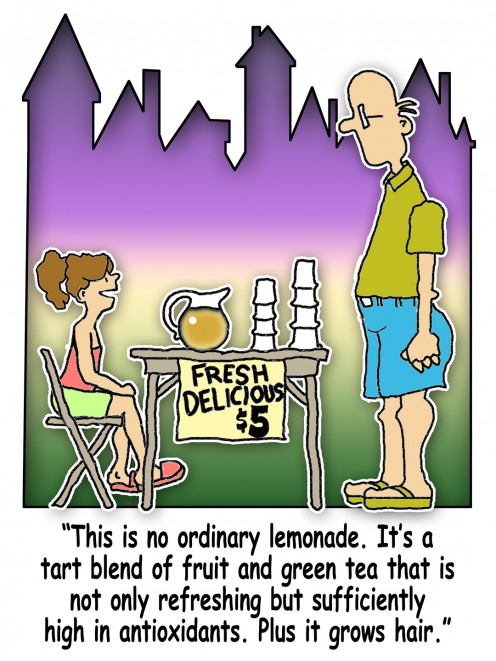
We’ve all heard about antioxidants and what they can do for our health. In fact, is there anything antioxidants cannot do? From boosting the immune system to preventing cancer, antioxidant is the buzz-word of health and prevention, of nutrition and the toast of healthy diet. But what are antioxidants and how can we include them in our daily diet?
According to Columbia University, antioxidant is a collective term for vitamins, minerals, carotenoids and polyphenols that protect the body from free radicals. Free radicals are formed when oxygen molecules in the body become electrically charged or oxidized due to natural cellular activity of the body or exposure to environmental factors such as pollution, radiation from the sun or exposure to hazardous elements, including tobacco smoke. The oxidized oxygen molecule becomes a free radical and is highly unstable and reactive and attempt to steal electrons from other molecules, including DNA and cellular molecules. This can cause cellular damage that can give rise to a number of health problems including heart disease, the aging process, Alzheimer’s disease and cancer. Antioxidants work to neutralize free radicals and reduce oxidative damage and unlike other molecules, antioxidants do not become reactive when they lose an electron.
In short, antioxidants act like police, capturing damaging free radicals to prevent them from causing cellular damage.
Health Benefits of Antioxidants
-
Fights Cancer
The National Cancer Institute states that considerable evidence from chemical, cell culture and animal studies show that antioxidants may slow or possibly prevent development of cancer. It goes on to point out that recent clinical trials are less conclusive.
-
Reduce Risks of Alzheimer’s disease
About 4 million Americans are afflicted with Alzheimer’s disease (AD), a debilitating disease that causes memory loss, impaired thinking and changes in personality. Two studies published in the Journal of the American Medical Association showed a link between high intakes of antioxidants from food and reduced risks of developing AD.
-
Prevents Wrinkles
This is perhaps welcomed news for ladies—antioxidants can prevent wrinkles! The University of Maryland Medical Center states that antioxidant ointments, creams and lotions can be topically applied to skin to ease wrinkles away.
-
Coronary Heart Disease and strokes
Heart disease is the leading cause of death in America. According to Cleveland Clinic eating a diet rich in antioxidants has been linked to reduced risks of cardiovascular disease.
No, I’m not trying to namedrop, but these are serious health claims that are research based, so antioxidants may be that potent after all. It is important to note that some findings are inconclusive or debatable, but the general consensus is that antioxidants are beneficial to health. So, if you’re wondering how you can include antioxidants in your diet to promote health, here is the scoop-- from what kinds of foods to choose to how to include them in your diet –you have a wide selection.
Fruits and Vegetables
You’re told to eat at least five servings of fruits and vegetables and there are good reasons for this recommendation. Fruits and vegetables offer a wide variety of antioxidants. Not only are they rich sources of vitamins, nutrients and fiber, their colors tell a story too. Brilliantly colored fruits and vegetables are not only beautiful visually, their colors are indicative of their rich antioxidant properties. These colorful pigments—red, yellow, orange, green, blue, purple and black belong to a group of antioxidants, called anthocynains. Eating a wide variety of colorful fruits and vegetables can help you garner the healthy benefits of antioxidants. The next time, you are at a grocery store or strolling through the farmer’s market, think colors. The brighter, the better.
Fruits and vegetables also contain other antioxidants. Orange-colored vegetables such as sweet potatoes, pumpkin, carrots, squash, apricots, mangos are rich in beta-carotene. Some green vegetables also contain beta-carotene underneath their green pigments. Examples include collard greens, spinach and kale. These greens are also rich in lutein, best known for promoting eye health.
If you associate the word lycopene with tomatoes, commonly touted by Heinz ketchup as the reason why you should eat more of it, you’re right. Tomatoes are rich in lycopene, a powerful antioxidant associated with reduced incidence of cancer, cardiovascular disease, and macular degeneration, according to Medline Plus. If you don’t like tomatoes, consider other lycopene-rich fruits and vegetables: watermelon, guava, papaya, apricots, pink grapefruit and blood oranges.
It is easy to overlook the vitamin content found in vegetables because they are old news but vegetables are rich sources of vitamins. In particular vitamin A, C and E are powerful antioxidants found abundantly in fruits and vegetables. Vitamin A plays a crucial role in vision, bone growth, reproduction, cell functions and the immune system. Vitamin C is important for skin, bones and connective tissue. It also promotes healing and helps the body to absorb iron. Vitamin E is discussed in the section below.
Beautiful Colors of Health
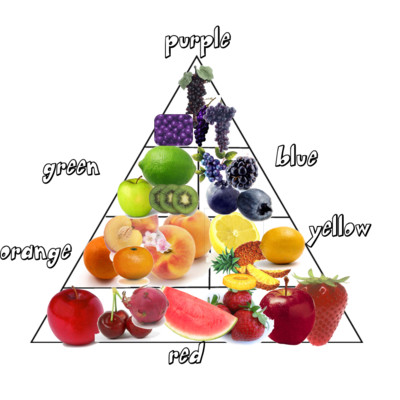
If you're looking for more ideas to cook vegetables, check this out:
http://simplyrecipes.com/recipes/vegetable/
Need more ideas for salads, check out:
Put them in Your Diet:
- Fruits and vegetables are easy to incorporate in your daily diet. Fruits make natural healthy snacks, smoothies, pies and desserts.
- Vegetables make good salad, or cut them up into sticks and wedges to eat with healthy dips. They are great in soups, make tasty stir-fry and add variety, texture and color to soups, casseroles and stews.
It is easy to stick to your favorite vegetables and fruits but the trick is to eat a variety of them and from different color groups.
How to Make Tobbouleh.
Barley Soup, anyone?
No-bake Chocolate Oatmeal Cookies--how about that?
Whole Grains
Whole grains are often associated with fiber but recent researches are uncovering more reasons to eat these groups of carbohydrates. According to the United States Department of Agriculture (USDA), whole grains possess antioxidant activities that are not present in highly refined grains. In fact, they went on to point out that a serving of whole grain and/or high fiber breakfast cereals is equivalent to or greater than a typical serving of vegetables.
Joe Vinson, PhD, a chemist at the University of Scranton in Pennsylvania, further explains this antioxidant-whole grain connection:
"Early researchers thought the fiber was the active ingredient for these benefits in whole grains, the reason why they may reduce the risk of cancer and coronary heart disease. But recently, polyphenols emerged as potentially more important. Breakfast cereals, pasta, crackers, and salty snacks constitute over 66% of whole grain intake in the U.S. diet."
As you recalled, polyphenols are a group of antioxidants found in plants and they have anti-inflammatory properties as well.
Put them in Your Diet:
Whole grain goodness can be found in a wide selection: barley, brown rice, buckwheat, bulgur, millet, oatmeal, popcorn, whole-wheat bread, pasta and crackers, wild rice. Use them to replace refined carbohydrates in your diet. Here’s some ideas of how you can use make these whole grain delicious:
- Barley can be added to soup or stews.
- Bulgur is often used in the making of Tobbouleh.
- Wild rice goes well with main entrees like steak, fish or even seafood.
- Oatmeal can doubled up as breakfast cereal and added to cookies and desserts.
- Popcorn as a snack—no movie-viewing would be the same without the some nicely toasted pop-corn (go easy on the butter).
Nuts, Seeds and Vegetable Oils
What does this motley bunch have in common? Vitamin E. Vitamin E boosts the immune system and helps metabolic processes and is found in vegetable oils, nuts, seeds, green leafy vegetables, broccoli, mango and other fruits and vegetables.
Put them in Your Diet:
- Vegetable oils can be used in salad dressings or for stir-fry.
- Nuts make good snacks, and they make a good addition to trail mix.
Nuts also make good topping for desserts and are often used in baking too.
Tea is a cup of life. ~Author Unknown
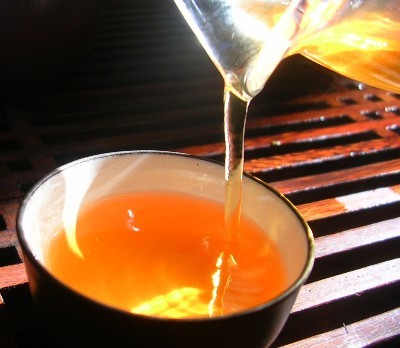
Green tea smoothie to rev up your day and your immune system.
Tea
We all need a beverage to wash down our meal. What better choice than a cup of tea—black or green, served hot or cold? It is full of catechins, powerful polyphenols that can help fight cellular damage.
John Weisburger, PhD, senior researcher at the Institute for Cancer Prevention in Valhalla, N.Y., says, “Whether it’s green or black, tea has about eight to 10 times the polyphenols found in fruits and vegetables.”
Put It in Your Diet:
- Make tea your beverage of choice. Drink it after a meal or when you need to unwind from a stressful day at work.
- Green tea has been used to make desserts and smoothies.
Antioxidants are not just found in plants or plant products, selenium, an important component of antioxidant enzymes are found in chicken, eggs, dairy products, salmon, seafood, tuna in addition to Brazil nuts, brewer’s yeast, garlic, onion, whole grains and most vegetables.
Copyright @ Angeline Oppeneheimer
More articles on antioxidants
Anthocyanins: Powerful Antioxidants to Promote Health
Most people use a color chart to pick color coordinates to decorate their homes. Women pick colors to accentuate their beauty and style. Why not use a color chart when picking out foods to maximize health benefits?
Ten Best Antioxidant-rich Vegetables
Shows slides of the ten vegetables with the most antioxidants.
Ten Best Antioxidant-rich Fruits
Shows Slides of ten best antioxidant fruits
More health hubs by anglnwu:
More than just a spice for baking and cooking, nutmeg can deliver many health benefits. From zapping acne to promoting good dental health, this spicy and sweet spice is a great nutritional add to your life.
Curative and Preventive Powers of Pu-erh Tea
Green tea has long stolen the limelight—what can this starlet not do? From banishing bad breath to trimming inches off the waist, green tea has all the answers. Now, along come Pu-erh tea—kind of like the new kid on the block (it’s still bashful but it holds tremendous health capabilities ) but actually this tea has a long history of medicinal use—a 2,000 year history tracing back to the Eastern Han Dynasty (25 to 220 AD).
Salsa the dance or salsa the sauce? As a food lover, I would opt for Salsa, the condiment everyday. Salsa is the Spanish word for sauce and it invariably consists of chilies, tomatoes and spices.
Sneaking nutrition into Sack Lunches
Nutritionist and author of The Complete Idiot’s Guide to Feeding Your Baby and Toddler, believes in packing school lunches. She says, “I’m a big fan of school lunches, but you have more control over the cost and what your child eats if you pack lunch at home.”
Growing up in Singapore, my mother has a rich arsenal of herbs stashed in cabinets in the kitchen. She believes strongly in Chinese herbs but I was too young and “uninformed” to realize how powerful these herbs lurking in the cabinet can be


